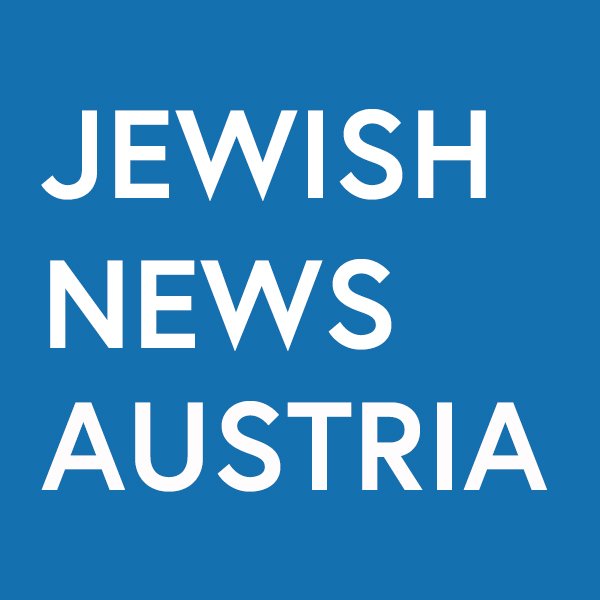Jewish Museum Traces Fan Culture in Soccer
K.at, July 11, 2023
German original: https://k.at/news/juedisches-museum-spuert-der-fankultur-im-fussball-nach/402518899
Jewish soccer culture. Who doesn't first think of the club Hakoah when they hear this term, which still shapes the public image today? However, the new show "Superjuden" (Super Jews) at the Jewish Museum Vienna, which starts on Wednesday, traces the fan cultures of five clubs - along with the ambivalences that go with them - shows that Jewish soccer history goes much further. "That's exactly why we made this exhibition," Director Barbara Staudinger emphasized on Tuesday.
It is about Jewish history in the stadium, but primarily not told on the basis of individual proponents, but as a cultural phenomenon. Thus, a whole catalog of questions unfolds around the round leather, in which cultural appropriation or the affirmative reinterpretation of abusive terms is dealt with. Ultimately, the basic question hovers over everything: What is Jewish?
The show, whose exhibition architecture is reminiscent of the shape of a fan curve, starts with the two Viennese clubs Vienna and Austria Wien, both of which have Jewish aspects in their history, but have dealt with them differently over a long period of time. Vienna, for example, was financially supported by Nathaniel Mayer Freiherr von Rothschild when it was founded and had numerous Jewish functionaries in its ranks - a fact that fan collectives such as "Partisan*Rothschild" self-confidently take up as the founding myth of their club.
Austria, which is often pejoratively dubbed the "Jewish club" by opponents, was somewhat more ambivalent for a long time, as it was considered a club of the assimilated Jewish bourgeoisie when it was founded and had Jewish officials such as president Emanuel Schwarz, who had returned from exile, and club secretary Norbert Lopper. At the same time, eye-watering fan formations such as the "Tempel Boys" are also juxtaposed with right-wing groups.
In addition to paying tribute to the local greats, "Superjuden" also takes a look beyond the country's borders and has singled out three central clubs of the international soccer circus, first and foremost Ajax Amsterdam. Their ultra-faction "Superjoden", i.e. "Super Jews", also provided the title of the exhibition. This title is used to illustrate how the real or presumed Jewish history of one's own club is integrated into fan culture. After all, Ajax's reputation as a Jewish club comes mainly from the fact that the club's first stadium was located in a Jewish neighborhood.
In the hooligan-affine 1970s, the largely non-Jewish members of the violent ultra-group "F-Side" then called themselves "Superjoden" in order to stand up to the fans of other teams. To this day, the Star of David and the Israel flag are used to show their identity, which is, as it were, an assumed identity that ultimately falls under the concept of cultural appropriation.
The situation is not dissimilar for the English first division club Tottenham Hotspur, which, like Ajax, had its stadium in a Jewish quarter. The hallmarking as a "Jewish club" ultimately led to ultra formations today resorting to self-definition as "Yids" or "Yiddos" and appropriating the previously pejoratively used Yiddish term "Yid" for themselves. Whether a non-Jewish fan group should call itself the "Yid Army" and thus contribute to the reproduction of stereotypes, however, is the subject of heated debate time and again.
The view of FC Bayern München closes the soccer circle. Before 1933, the club had ten percent Jewish members, and to this day it is the ultra-group "Schickeria München" that upholds the memory of the former club president Hans Landauer, who was forced to resign in 1933 but was reinstated after the war. Today, Bayern Munich has a large fan base in Israel with its own fan clubs such as "Bayern Israel". And so, at the end of this show about soccer identities and fan cultures, the old German Chancellor's wisdom ultimately applies: "It's all very complicated."
(S E R V I C E - "Super Jews. Jewish Identities in Football Stadiums," curated by Agnes Meisinger and Barbara Staudinger, from July 12 to January 14, 2024, at the Jewish Museum Vienna, Dorotheergasse 11, 1010 Vienna. Open Sunday through Friday, 10 a.m. to 6 p.m. www.jmw.at/ausstellungen/superjuden)
